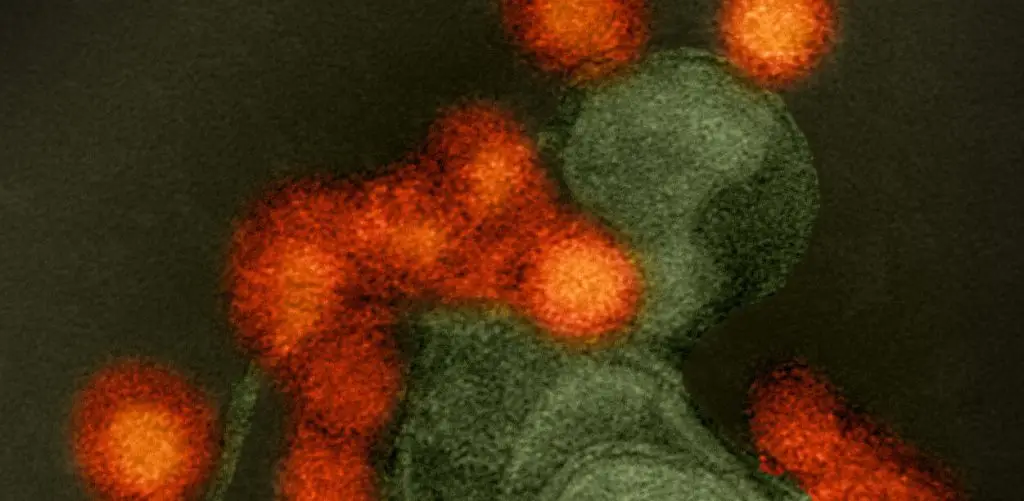Powassan virus
Powassan is a blood-borne virus spread by ticks. The disease is endemic to the United States, Canada, and Russia. In the United States, Powassan infection is most common in the northeastern states and the Great Lakes region. Infections tend to occur when ticks are most active: in the late spring, early summer, and mid-fall. Powassan cases are rare, but cases-per-year have increased sharply in the last decade.
Powassan virus belongs to the flavivirus family, which means it is closely related to mosquito-borne pathogens such as dengue virus, Zika virus, yellow fever virus, West Nile virus, and other serious pathogens. Powassan virus is not related to Lyme disease, which is caused by a bacterium.
Powassan is called a “neuroinvasive” disease because the virus can infect the brain (causing encephalitis) and the membranes around the brain and spinal cord (causing meningitis). Most people with the disease experience fever, headache, vomiting, and weakness/fatigue. In severe cases, people may start experiencing neurological side effects such as confusion, loss of coordination, difficulty speaking, memory problems, and seizures.
There is no vaccine to prevent Powassan virus infection. Hospitalized patients often receive breathing support, fluids, and treatments to reduce swelling of the brain.
Our Approach
The recent increase in Powassan cases—and the potential for infection to cause serious symptoms—has led scientists at La Jolla Institute for Immunology (LJI) to launch new research into how the immune system combats the virus.
LJI Professor Sujan Shresta, Ph.D., is leading research into how the immune system’s T cells respond to Powassan virus. Dr. Shresta is an expert in how T cells interact with flaviviruses, and her research has led to new vaccine strategies against dengue virus and Zika virus. By studying Powassan virus, Dr. Shresta and her colleagues hope to move closer to developing a “pan-flavivirus” vaccine against members of this viral family.
LJI Professor Alessandro Sette, Dr.Biol.Sci., and LJI Research Assistant Professor Alba Grifoni, Ph.D., also recently received funding from the Coalition for Epidemic Preparedness Innovations (CEPI), to investigate how T cells recognize viral targets, or “epitopes, on many kinds of mosquito and tick-borne “arboviruses,” including Powassan virus.



